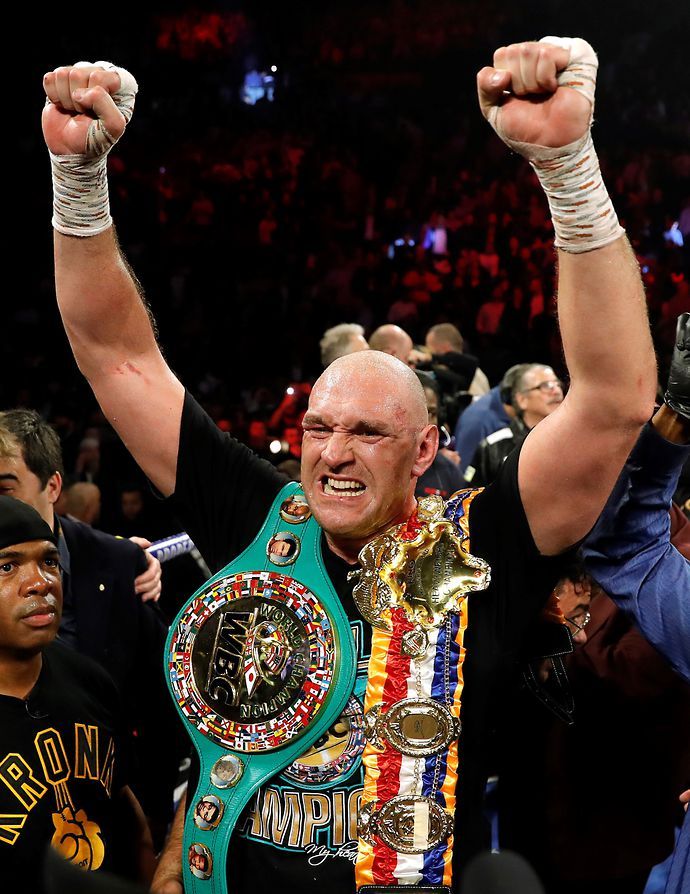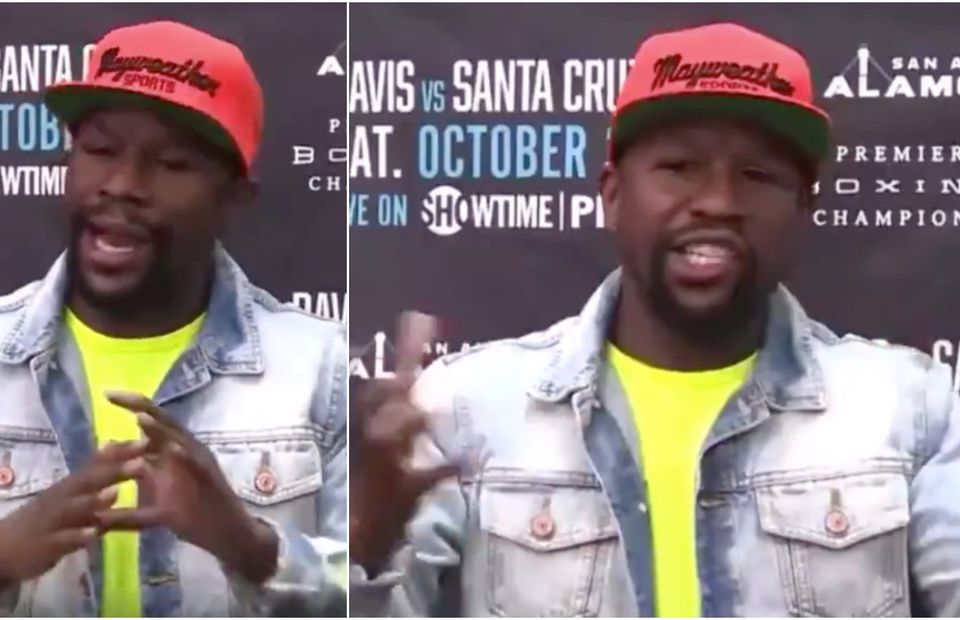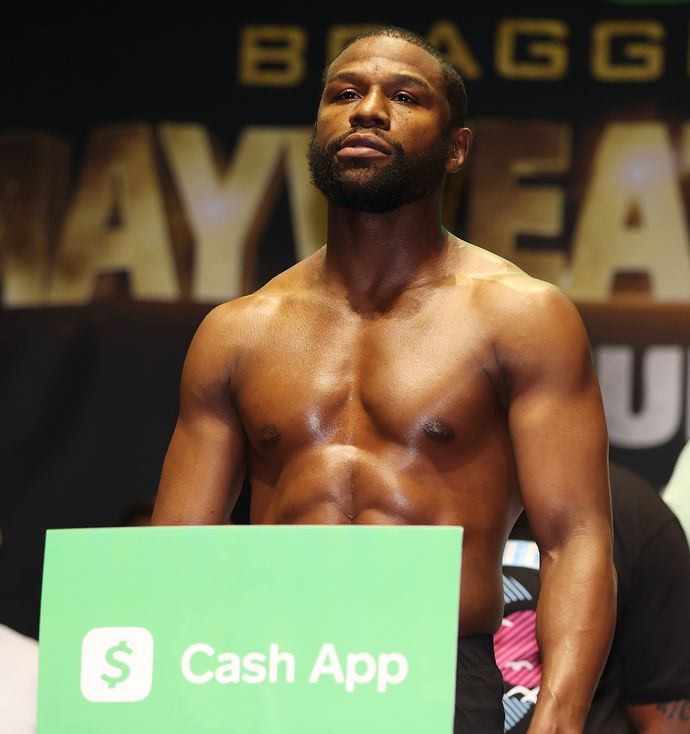The recent difficulties in putting together a bout between Anthony Joshua and Tyson Fury for the undisputed world heavyweight championship were a timely reminder of just how tough it is to determine who is the very best in each of boxing's weight divisions.The issue, it seems, is not that the sport's top fighters don't want to face each other, but rather that the various sanctioning bodies make it very challenging to pull off the necessary unification clashes.Between the IBF, WBA, WBC and WBO, most divisions have a total of four versions of a world championship to compete for - and juggling the wishes of four separate organisations is not always easy for the sport's top names.A planned August 14 date in Saudi Arabia for Joshua and Fury was scuppered by a legal claim from Deontay Wilder, who successfully argued in arbitration court that he should be next in line for a crack at 'The Gypsy King's' WBC crown. The ruling of the judge meant that Fury had little option but to face Wilder - instead of Joshua - if he wanted to hold on to his prized championship.The scenario that has unfolded over the last month is not a rare one. Frequently, champions are forced to defend their titles against largely undeserving mandatory challengers, simply to avoid being stripped of their gold.The situation is complicated further by the fact that several sanctioning bodies also have 'Super' versions of their world championships - a move designed almost entirely to generate increased revenue for the organisations themselves.
The ruling of the judge meant that Fury had little option but to face Wilder - instead of Joshua - if he wanted to hold on to his prized championship.The scenario that has unfolded over the last month is not a rare one. Frequently, champions are forced to defend their titles against largely undeserving mandatory challengers, simply to avoid being stripped of their gold.The situation is complicated further by the fact that several sanctioning bodies also have 'Super' versions of their world championships - a move designed almost entirely to generate increased revenue for the organisations themselves. On top of this, many weight classes also have 'interim' world champions, a commonly-used solution where an existing titleholder is unable to defend their title for a period of time. Frankly, the whole system is a confusing mess.Fans have long argued that each division should have just one recognised champion, similar to the model operated by the UFC.However, it is not just members of the general public that feel this way. One of the very best fighters in boxing history shares this view.
On top of this, many weight classes also have 'interim' world champions, a commonly-used solution where an existing titleholder is unable to defend their title for a period of time. Frankly, the whole system is a confusing mess.Fans have long argued that each division should have just one recognised champion, similar to the model operated by the UFC.However, it is not just members of the general public that feel this way. One of the very best fighters in boxing history shares this view.
"There’s too many champions in the sport of boxing right now," declared former five-division world champion Floyd Mayweather in a video recently shared by talkSPORT's Michael Benson on Twitter.
"Too many champions. It’s no such thing as a super champion, not at all. And I’m not taking anything away from no fighter. It’s too many belts.
"And the reason why it’s too [many], let me tell people what’s going on in the sport of boxing, why there are so many different titles and so many different belts. People don’t know you have to pay, for every belt you win, there’s a sanctioning fee.
"If a fighter has just the regular belt, he has to pay a sanctioning fee. If a fighter is a super champion, he has to pay a sanctioning fee. This is not good for the sport of boxing," insisted the 44-year-old veteran.
"."
Mayweather, who retired with a perfect professional record of 50-0 in August 2017, made his comments last October during a press event to promote the fight between Gervonta Davis and Leo Santa Cruz. The American's point, unfortunately, still remains valid today.
To his credit, Floyd's recent exhibition bout with social media superstar Logan Paul shunned the concept of having a belt made for the occasion.
The clash was still a massive commercial success, proving that there doesn't need to be a championship at stake for the audience to get behind a fight.
The jumble of multiple world championships in boxing is something that most would like to see sorted out. The current state of affairs is puzzling to even hardcore fans of the sweet science.
Boxing would be far more accessible to new viewers if each weight class had just one recognised world champion. Regrettably, reaching that point will never be straightforward.



















